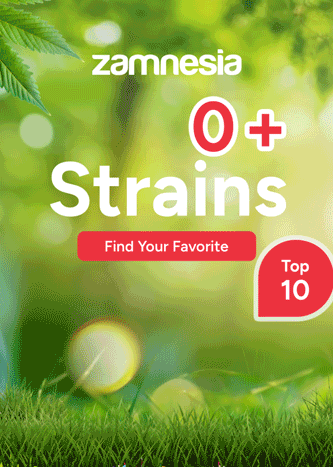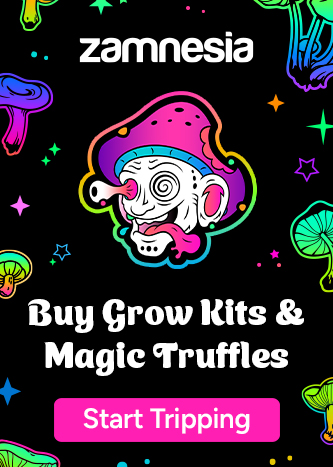Is CBD legal in the UK?
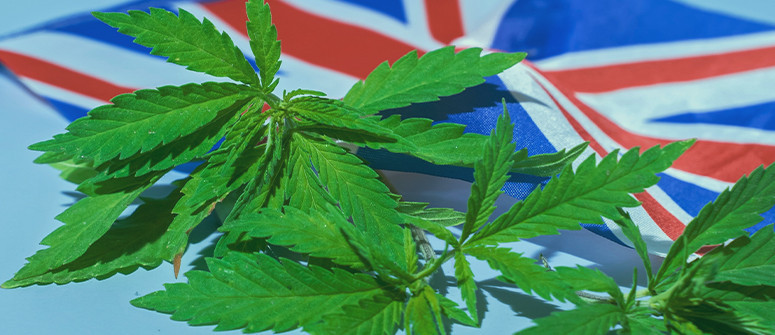
CBD is pretty ubiquitous in the UK these days, so you'd be forgiven for thinking that it was fully legal. In fact, it exists in a strange legal grey area. Join us as we break down the current CBD laws in the UK, including what constitutes a legal product and what types of CBD are available on the market.
Contents:
These days, CBD is a very popular substance in the UK. Maybe not as popular as THC, but it’s getting there. However, what CBD has on its side is that, in most cases, it’s legal!
While CBD products are easily accessible in the UK, they are regulated, and there are some key laws to be aware of before making a purchase. If you want to stay within the law, you should primarily avoid growing CBD-rich cannabis yourself, as this still isn’t legal. But if you buy CBD in a shop, you’re likely not doing anything unlawful.
In this article, we look in depth at current CBD laws in the UK.
Can you buy CBD legally in the UK?
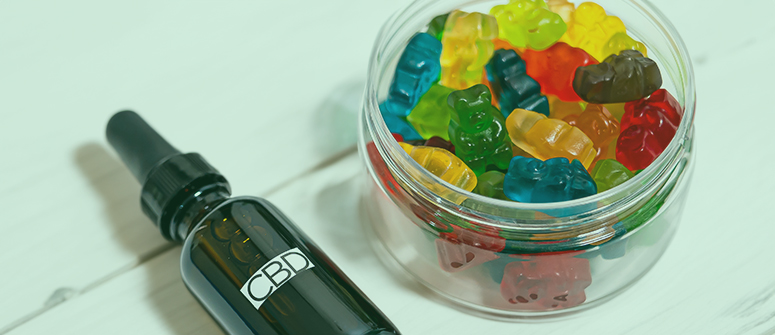
Yes, you can buy CBD legally in the UK. Here, CBD is a legal and lightly regulated cannabinoid. There are certain criteria CBD products have to maintain in order to be legal and authorised for sale in the UK, but so long as you buy from a trusted brand and shop, you shouldn’t need to concern yourself with the intricacies of these regulations.
In the UK, you can legally buy a variety of CBD products, such as:
- CBD flower (technically not legal, but rarely enforced)
- CBD oil
- CBD gummies
- CBD e-juice
Legality of CBD: Criteria
There are very few criteria that determine whether CBD is legal or not. The short answer is that CBD as a compound is legal, but controlled. However, when it comes to selling CBD products, the following criteria must be met to ensure that the product matches up with the regulations surrounding the sale and marketing of supplements.
No medical claims
Is CBD classed as a drug? In scientific terms, yes. However, in a legal sense, CBD products are classed as food supplements. As such, it is not legal to make any medical claims about CBD or CBD products, as they are not medically certified.
The reason for this is that although CBD is now the subject of much research, this research is of varied quality, and isn’t concrete enough to make certain, proven claims. Therefore, it is regulated in such a way that these claims must be entirely avoided.
The upshot of this is that, as it’s classed as a food supplement, it is subject to fewer controls and restrictions compared to medicines, making it easier to sell and buy. The downside of this is that there is less quality control, and some products may not be as advertised, whereas this shouldn’t happen with medicines in the UK.
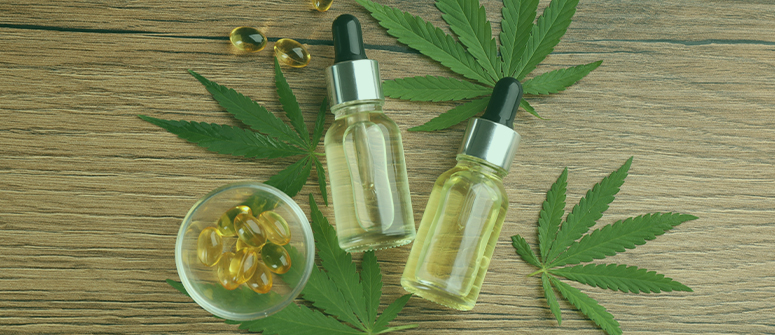
Less than 1mg of controlled substances
One of the main restrictions CBD products face is that they must contain only trace amounts of controlled compounds, which basically means very little THC. Specifically, CBD products must contain no more than 1mg of THC. When you buy a product though, you are more likely to see claims that it contains <0.03% THC.
Both THC and CBD are cannabinoids produced in the cannabis plant’s trichomes. However, CBD is legal while THC is mostly illegal. To get around this, CBD producers will source the cannabinoid from hemp plants, which are naturally high in CBD and low in THC, and do not surpass the legal limit for controlled substances.
Not possible to extract THC
It must also be impossible for customers to extract and isolate the trace amounts of THC contained in legally purchased CBD products. This is to prevent a roundabout means of producing isolated illegal compounds from legally purchased products.
Even if you could, the amount of THC present in these products is so small that you’d have to buy a huge amount if you wanted to get high!
Novel food authorisation
As mentioned, in the UK, CBD is classed as a food supplement. To be more precise, it has a novel food authorisation. This basically means that it is classed as a food supplement with uncertain uses.
Companies that wish to produce and sell CBD must apply for this novel food authorisation to be allowed to proceed. This process can be lengthy and expensive, which makes it difficult for some to break into the market.
CBD must be sourced from outside the UK
This is perhaps the strangest law. CBD products are legal in the UK, but the flowers and leaves are not, and it is very difficult to get a licence to grow. Therefore, CBD must be sourced from products that are grown outside the UK.
This makes the production of CBD more expensive and difficult than it would otherwise be, and deprives the UK economy of a source of income. Strangely, a large amount of cannabis is actually grown legally in the UK, only it is all exported.
UK cannabis laws are convoluted and, in many cases, pretty inconsistent.
Why is CBD legal, but THC isn't?
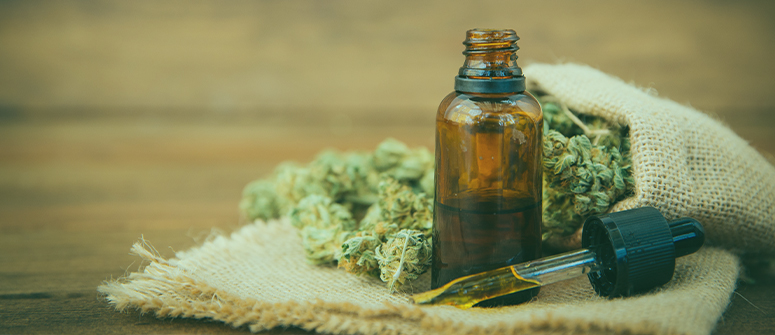
THC has been illegal in the UK since 1928. This law made the whole cannabis plant illegal, and remains in place up to this day; kind of.
Cannabis and THC were made illegal as part of a wider push to make narcotics illegal; narcotics being those drugs that cause a psychotropic high. CBD, on the other hand, does not cause a psychotropic high (although it does still have psychoactive effects).
When did CBD become legal?
CBD only became legal in the UK in 2018. You may wonder: why is CBD legal now, after all this time? Chiefly, this change came following findings by the World Health Organization, and others, that CBD is not a harmful compound and does not lend itself readily to abuse.
CBD isolate and CBD products are now legal in the UK. However, these laws did not make “CBD plants” legal, which explains why there is a strange legal landscape surrounding this compound.
Is all CBD legal?
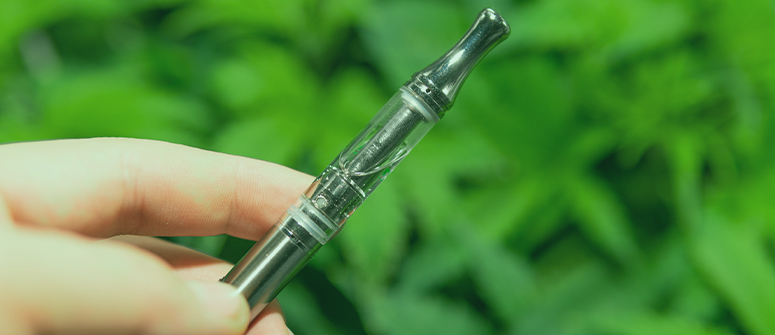
CBD products are only legal to sell if the company has been given the novel food authorisation, and is thus licensed to produce and sell CBD. CBD sold by unlicensed manufacturers is not legal.
Likewise, it is actually illegal to grow CBD-rich hemp in the UK, as the law states that any plant under the Cannabis genus is illegal to cultivate without a licence. So homegrown CBD is also not legal.
So, what type of CBD is legal? There is a range of products that, if produced by an authorised manufacturer, are legal to sell and buy. These include:
- CBD oil: This is probably the most popular way to take CBD, as it can be consumed in numerous different ways.
- CBD vape juice: Vaping CBD is also popular, as is vaping more generally. Vaping allows for a faster onset of effects than some other methods.
- CBD gummies: These infused gummies are growing in popularity, and are a great option for some people. They allow for easy dosing and subtle ingestion, as eating sweets does not usually imply that a person is consuming a cannabis-based product.
You may have seen CBD flowers for sale in shops or online. Though common in the UK, these products are actually illegal—although you probably won’t get into trouble for buying them. That being said, if you get caught with CBD buds, you might have a hard time convincing the police that they don't contain THC.
The other issue with CBD flower is that as it’s not legal, it’s unregulated, and so there’s no way of knowing whether what you’re smoking contains what it claims. As such, it can be an unreliable way to consume CBD.
Is it legal to travel with CBD?
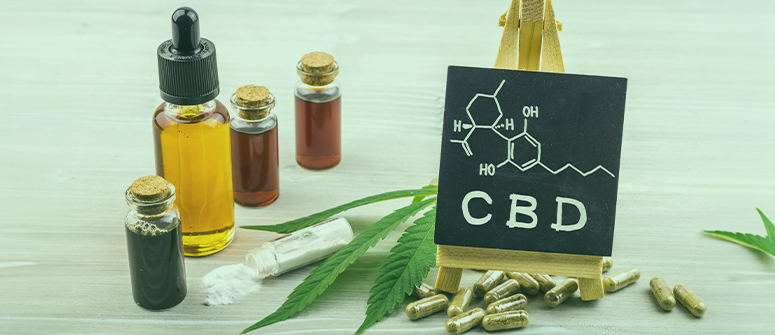
It depends on where you’re going. If you’re travelling to another country where CBD is legal, then it should be legal to travel with it, and this includes flying.
One thing to be aware of, though, is that different countries have different laws about how much THC a CBD product can contain. For instance, in some countries it is 0.2%, in others, it is 0.3%, and in others it can be different. The chances of getting into trouble for this are slim, but you could technically be charged with smuggling illegal drugs, so look up the local laws before you travel somewhere with a CBD product. Generally, we'd advise against travelling with CBD flowers, unless you want to get held up in customs for a long time.
So, can I get in trouble for CBD in the UK?
Very rarely. The only time you’re likely to get in trouble for CBD in the UK is if you’re found with CBD flowers—which will probably be misidentified as THC-rich weed—or if you grow CBD-rich cannabis plants. In either of these cases, you could be charged and even prosecuted for cannabis-related crimes. In practice, the chances are fairly slim.
Otherwise, if you buy legal CBD products, such as oil, vape juice, or gummies, you will not get in trouble.
